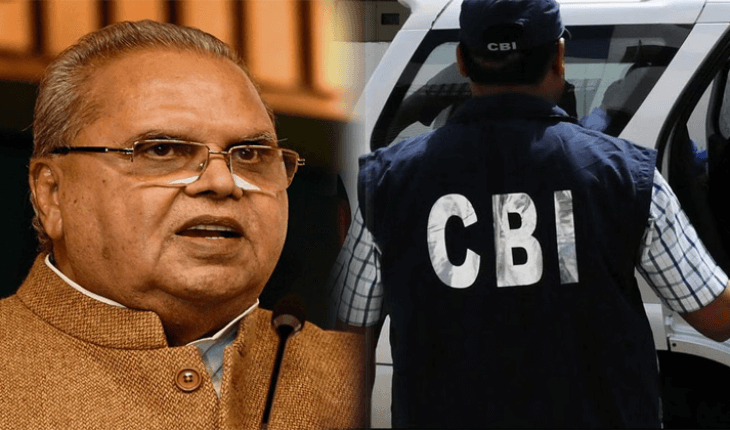Satya Pal Malik, the former Governor of Jammu and Kashmir, has recently become a central figure in a high-profile corruption case concerning the Kiru Hydropower Project, valued at ₹2,200 crore. The Central Bureau of Investigation (CBI) has charged him along with several others, alleging serious irregularities in the awarding of contracts.
This case highlights ongoing challenges in ensuring transparency and accountability within India’s governance system. In this article, we will examine Malik’s alleged role, the details of the investigation, and the wider impact of corruption allegations on public trust and administrative integrity.

Satya Pal Malik’s Alleged Role in the Kiru Hydropower Corruption Case
On May 22, 2025, India’s Central Bureau of Investigation (CBI) filed a chargesheet against Satya Pal Malik, the former Governor of Jammu and Kashmir, in connection with alleged corruption involving the ₹2,200 crore Kiru Hydropower Project.
According to the chargesheet, standard procedures in the tendering process were violated. A major contract was allegedly handed to a private firm without competitive bidding. Other key figures named in the case include officials from Chenab Valley Power Projects and Patel Engineering Ltd.
Satya Pal Malik had previously claimed he was offered a ₹300 crore bribe to approve two files—one of which was linked to a senior leader from the RSS. Malik denied taking any bribe and positioned himself as someone who exposed the corruption.
CBI Chargesheet and Public Reactions
The CBI’s investigation pointed to serious irregularities in how the contracts were awarded. Within hours of the chargesheet being filed, Malik shared a post from a hospital, stating that he was in serious condition and unable to speak with the media.
Public opinion is divided—some believe the charges are a form of political retaliation, while others view it as a critical step toward holding high-ranking officials accountable.
Advirtisment
How Corruption Allegations Affect Governance
When individuals in positions of high authority—like Satya Pal Malik—are accused of corruption, it shakes the foundation of governance. These incidents highlight gaps in oversight, weaken administrative credibility, and raise serious concerns about how public funds are managed.
It also puts pressure on political parties and institutions to ensure transparency in future appointments and decisions.
The Erosion of Public Trust
Accusations against well-known figures like Satya Pal Malik directly impact public trust. People begin to question the integrity of the entire system. When such cases come to light, the average citizen may feel helpless, believing corruption is too widespread to fight.
This mindset can lead to apathy, low voter turnout, and a general decline in civic engagement.
Conclusion: Lessons from the Satya Pal Malik Case
The case involving Satya Pal Malik is more than just a legal battle—it’s a wake-up call. It emphasizes the need for robust institutional safeguards, independent investigations, and swift legal proceedings.
Regardless of the final outcome, this case has brought the spotlight back on accountability at the top, and the importance of restoring faith in democratic governance.



